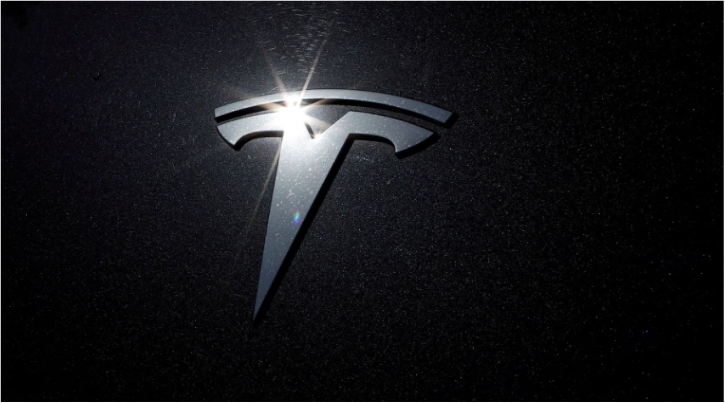
A recent study conducted by S&P Global Mobility reveals that Americans are prolonging the lifespan of their combustion-engine vehicles as the COVID-19 pandemic draws to a close. The average age of cars and light trucks in the United States has reached an all-time high of 12.5 years. This shift can be attributed to supply constraints on new vehicles in 2022 and reduced consumer demand due to rising inflation and interest rates.
However, the study suggests that the average vehicle age is expected to decrease in the coming year as new vehicle availability improves and consumer demand regains momentum. Additionally, electric vehicles (EVs) are bucking the aging trend, with their average age dropping to 3.6 years, highlighting the impact of increasing EV sales on the overall vehicle landscape.
Combustion Vehicles Face Extended Lifespan:
According to the study, Americans are holding onto their combustion-engine vehicles for longer durations in response to the challenges posed by supply chain disruptions and economic uncertainties. The average age of traditional cars and light trucks has reached a record high of 12.5 years, signaling a shift towards extending the lifespan of these vehicles. The constraints on new vehicle availability throughout 2022, coupled with diminished consumer demand driven by inflation and interest rates, have contributed to this trend.
Anticipated Decline in Average Vehicle Age:
Despite the current trend of vehicle longevity, S&P Global Mobility’s research predicts a decline in the average vehicle age in the coming year. With the expectation of improved new vehicle availability and a resurgence in consumer demand, the study forecasts that new vehicle sales will exceed 14.5 million in 2023. This surge in sales is anticipated to drive down the average age of vehicles as more individuals opt for newer models, replacing their older ones.
Electric Vehicles Defy Aging:
While combustion-engine vehicles are experiencing an increase in average age, electric vehicles (EVs) are presenting a contrasting trend. The average age of battery electric vehicles (BEVs) in the United States has actually decreased to 3.6 years, slightly lower than the 3.7-year average in 2022. This figure has remained relatively stable between 3 and 4 years since 2017. S&P attributes the comparatively young average age of EVs to the substantial growth in sales, which surged by 58% in 2022. Despite a higher percentage of EVs leaving the vehicle population compared to combustion vehicles, the continuous influx of new BEV sales contributes to the overall low average age within the EV sector.
Impact of EV Sales on Average Vehicle Age:
S&P’s data analysis sheds light on the influence of EV sales on the overall average age of vehicles. Over the 10-year period from 2013 to 2022, 6.6% of BEVs in operation were phased out, whereas only 5.2% of combustion vehicles left the fleet during the same timeframe. This finding underscores the higher turnover rate of EVs, driven by their increasing popularity and the introduction of newer models into the market.
The S&P Global Mobility study highlights the growing trend of Americans holding onto their combustion-engine vehicles for longer periods amidst supply constraints and reduced consumer demand during the COVID-19 pandemic. However, as new vehicle availability improves and consumer demand rebounds, the average age of vehicles is projected to decrease in the upcoming year. Notably, electric vehicles defy this aging trend, with a lower average age driven by increasing sales and higher turnover rates compared to their combustion counterparts.
